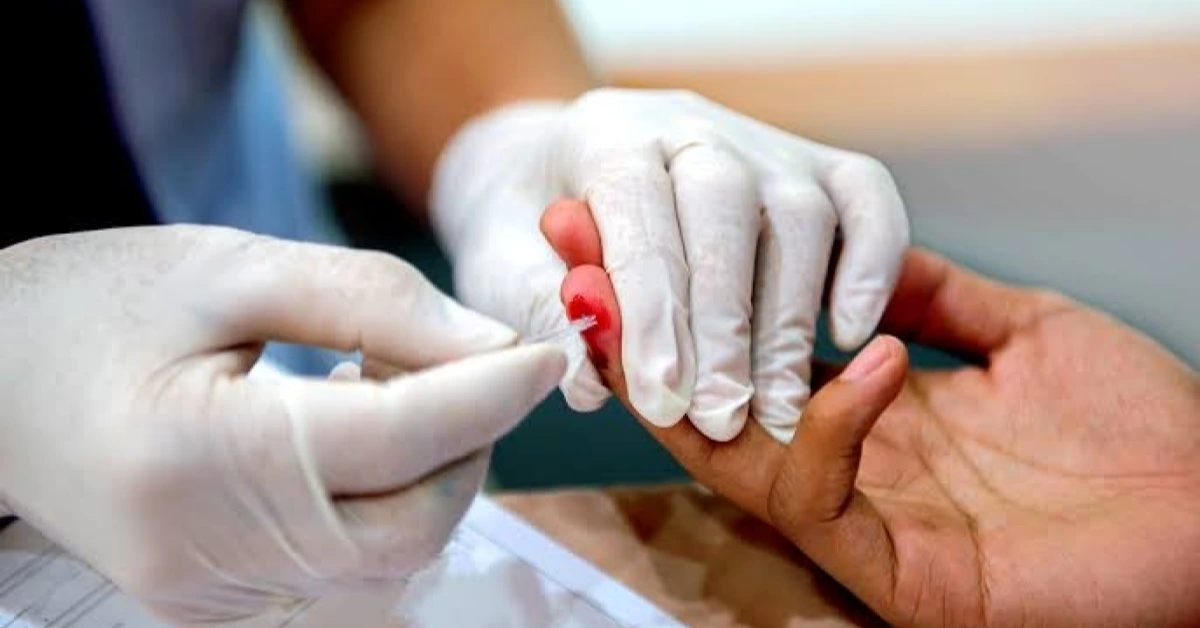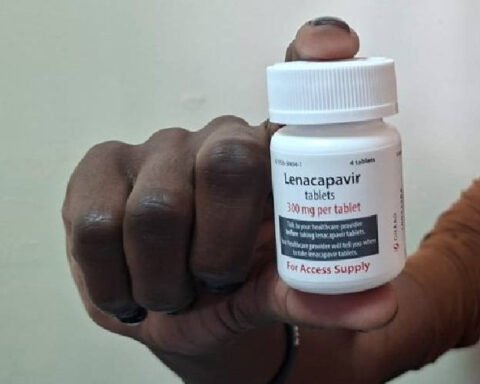Tanzania’s government has rolled out a bold ten-point agenda aimed at improving health services across the country during the 2025/2026 fiscal year, with a strong emphasis on prevention, affordable care, and equitable access.
The Minister for Health, Jenista Mhagama, presented the new priorities before Parliament this week, outlining a national framework that integrates disease control, maternal and child health, workforce development, and mental health services.
“We are focusing on a system that saves lives through prevention, strengthens service delivery, and protects citizens from catastrophic health costs,” Mhagama said while tabling her ministry’s budget estimates.
1. Disease Prevention and Outbreak Control
The top priority is strengthening preventive services against both communicable diseases such as tuberculosis and HIV/AIDS, as well as non-communicable diseases like hypertension, cancer, and diabetes. The government will also enhance its ability to respond quickly to disease outbreaks, an area of rising global concern.
2. Universal Healthcare Access and Insurance Reform
To ensure no citizen is left behind, the government is intensifying efforts to implement the newly enacted Universal Health Insurance scheme. Passed in 2023, the law seeks to guarantee that every Tanzanian can access healthcare services regardless of income.
3. Health Service Quality Across All Levels
From village dispensaries to referral hospitals, the ministry is working to improve service quality through equipment upgrades, staff training, and availability of essential medicines. This goal aims to reduce overcrowding and improve trust in public health facilities.
4. Maternal and Child Health Interventions
Improving maternal and neonatal health is high on the agenda. Investments will go toward emergency obstetric care, neonatal intensive units, and wider access to family planning services. The target is to reduce preventable deaths of mothers and newborns by increasing safe deliveries.
5. Developing Human Resources for Health
The country still faces shortages of doctors, nurses, and mid-level specialists. The ministry plans to recruit and train more health professionals, including in highly specialized areas like anesthesiology and oncology, while also retaining experienced workers through improved welfare.
6. Specialized Healthcare and Medical Tourism
To reduce the burden of overseas referrals, Tanzania will enhance services in oncology, cardiology, and other specialized fields. The government also plans to position Tanzania as a hub for medical tourism, targeting patients from neighboring countries and beyond.
Also Read; Brazil Takes BRICS Leadership Amid Global Shifts
7. Traditional and Alternative Medicine Regulation
Acknowledging its cultural importance, the ministry will continue to develop policies around traditional medicine and alternative therapies. This includes formal training, quality assurance, and regulation to ensure public safety and promote scientific integration.
8. Mental Health and Rehabilitation Services
Recognizing the often overlooked burden of mental health disorders, the government is prioritizing mental healthcare. Special programs will support children with disabilities, the elderly, and those in post-trauma recovery, including community-based mental health services.
9. Enhanced Medical Research and Innovation
The ministry will promote health research to guide policy and resource allocation. Institutions will receive support to conduct strategic studies, and findings will be integrated into planning and service delivery frameworks.
10. Strengthening Emergency Preparedness
The COVID-19 pandemic underscored the importance of preparedness. The ministry plans to fortify its public health surveillance systems and build emergency response capabilities through better training and early warning mechanisms.
A Path Toward Equitable Health
While challenges remain, the ten-point agenda signals a shift from reactive to proactive healthcare. It represents a coordinated national effort to transform the sector into one that values prevention, affordability, and inclusion — laying the groundwork for a healthier future for all Tanzanians.







